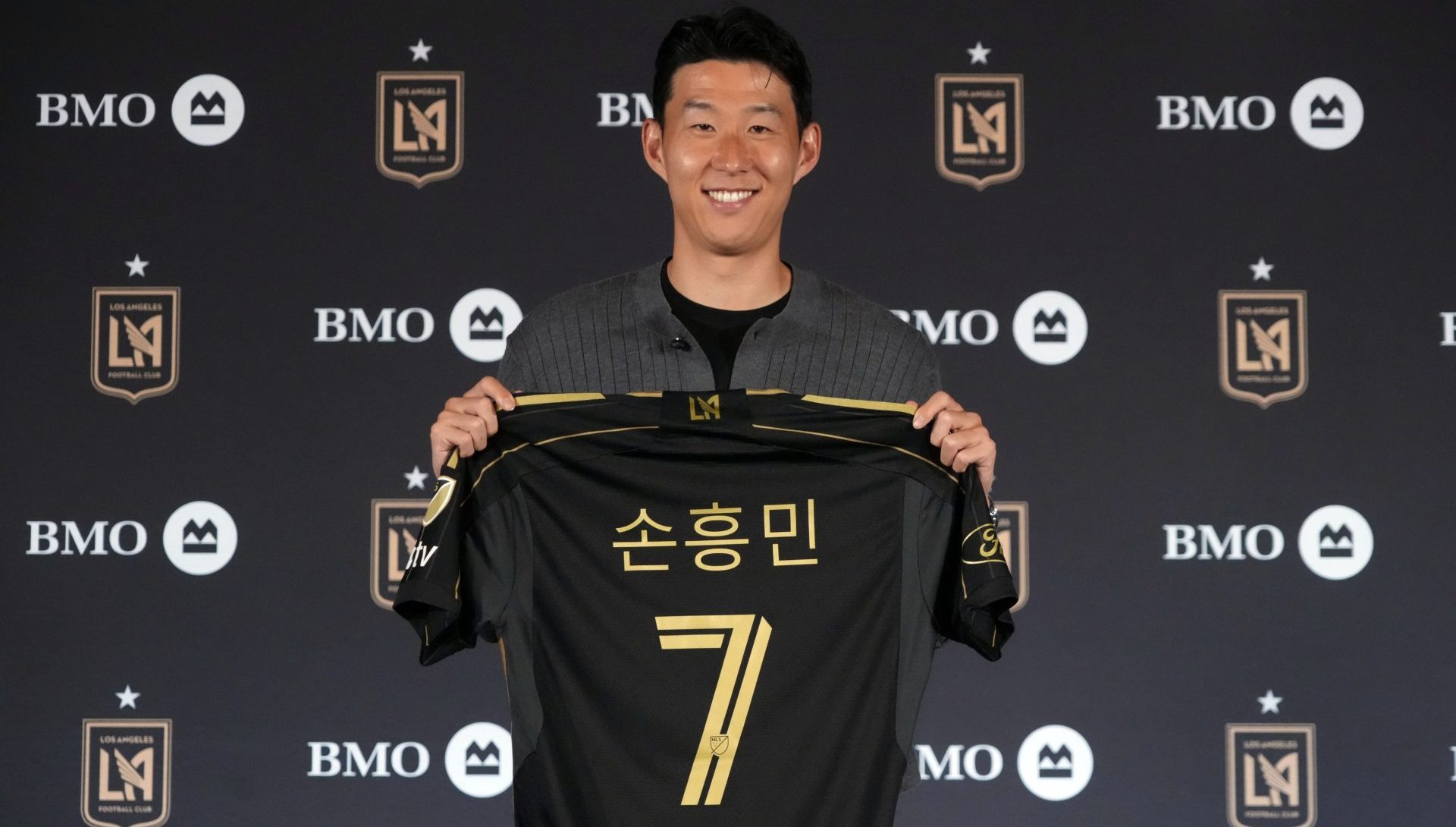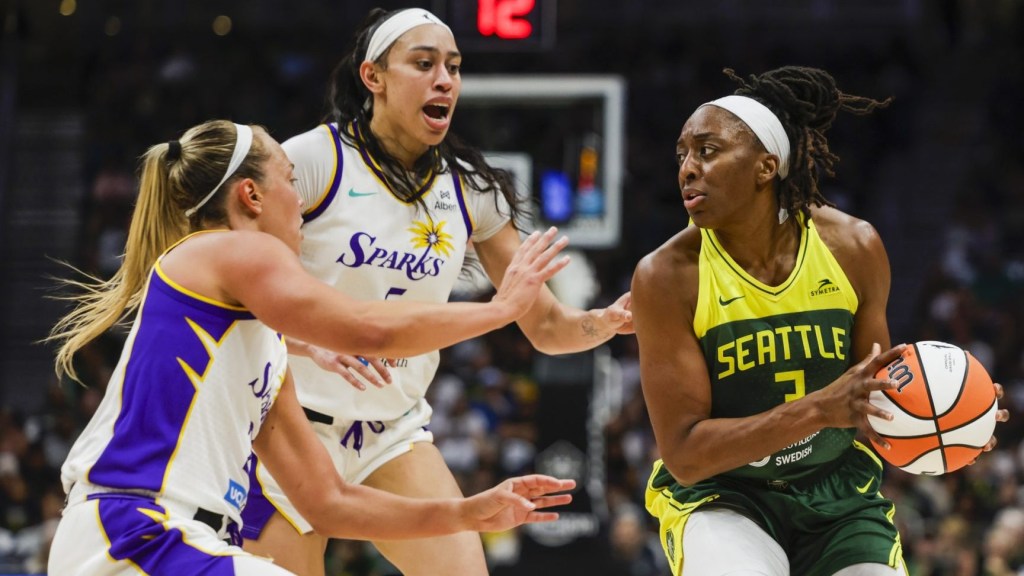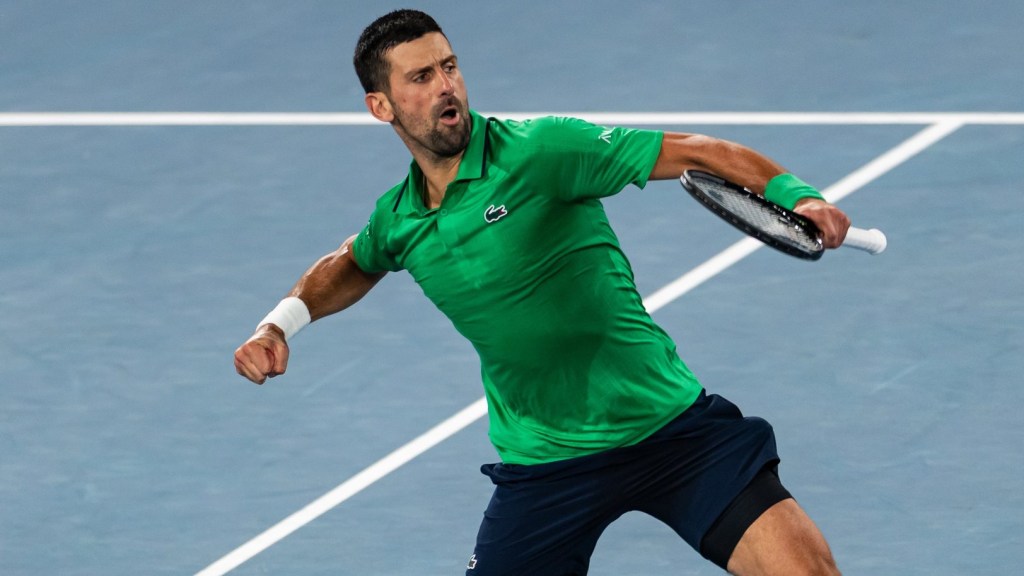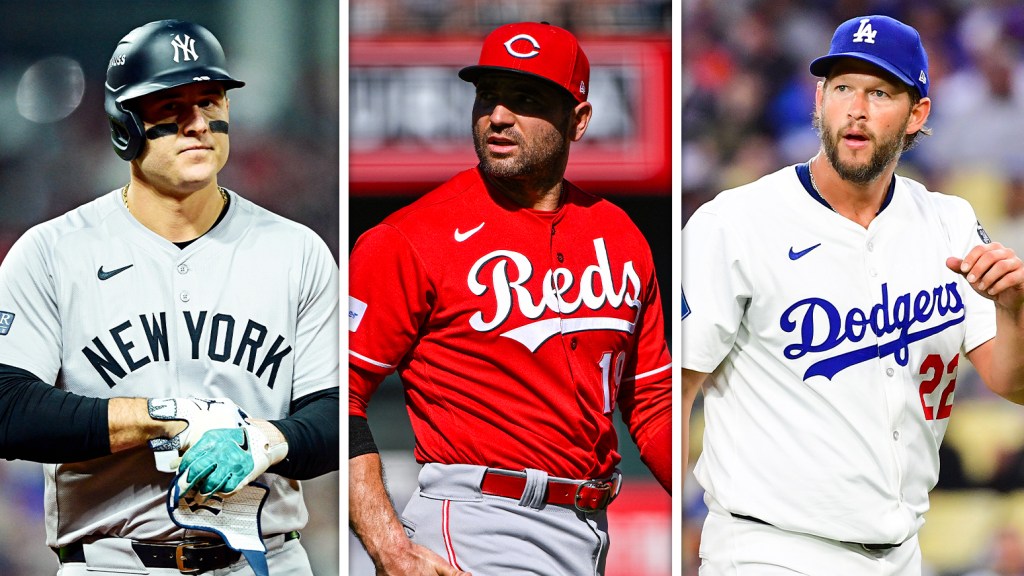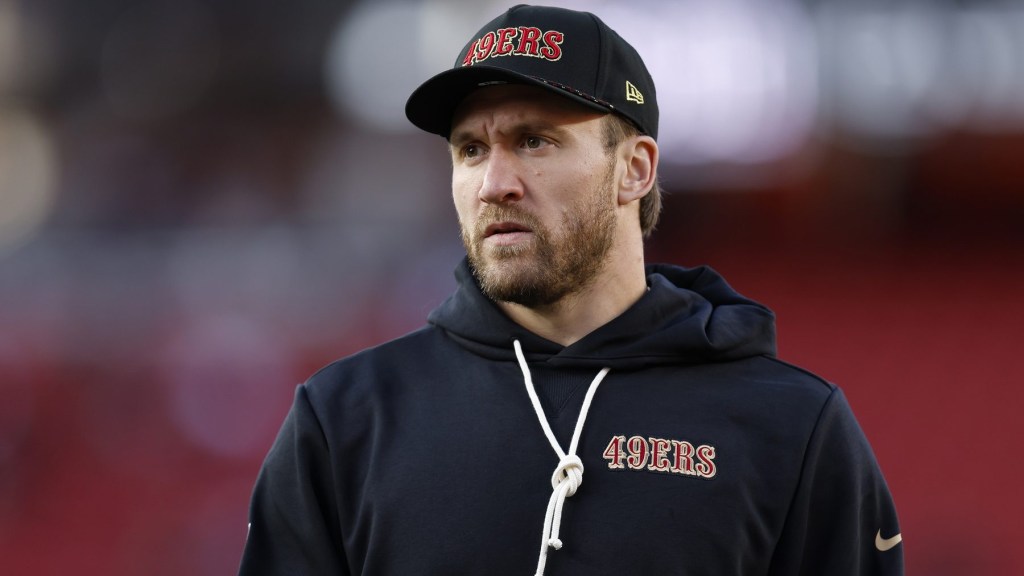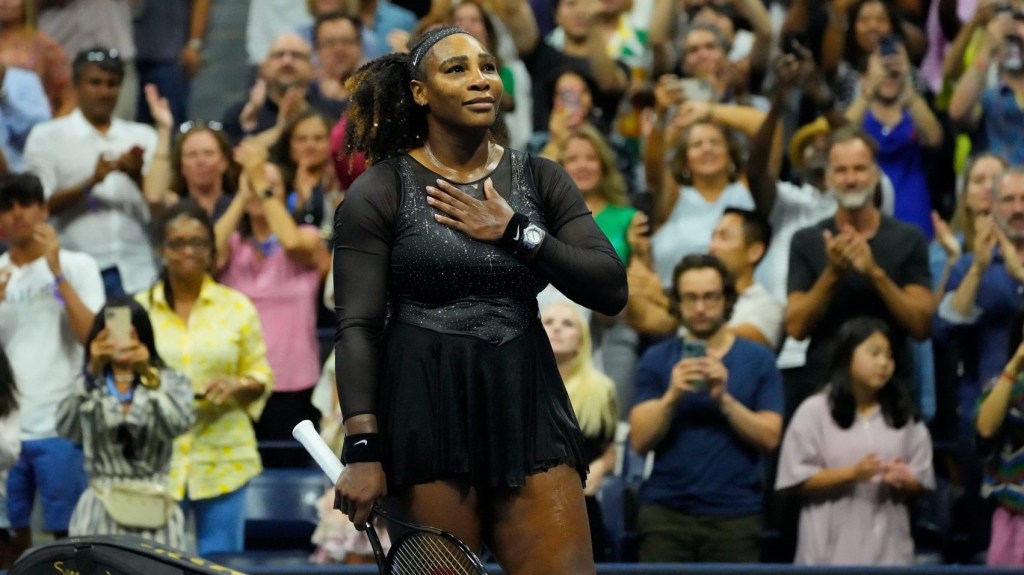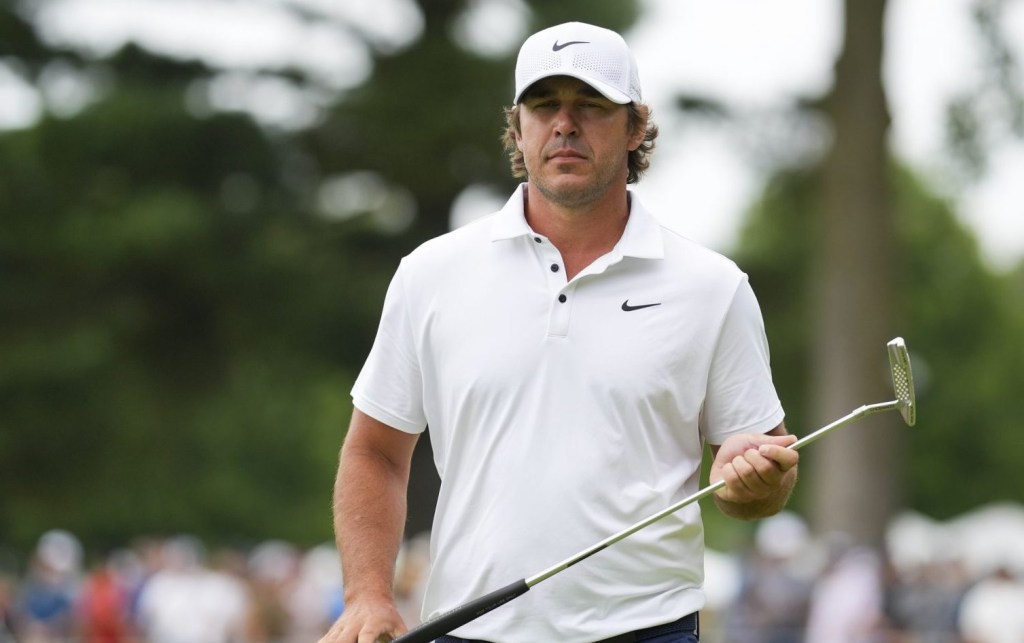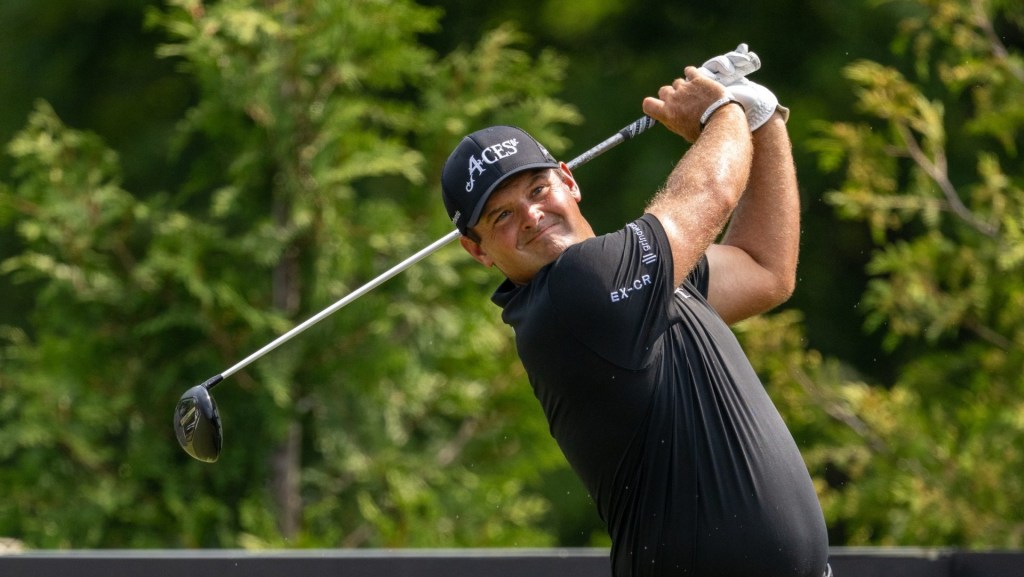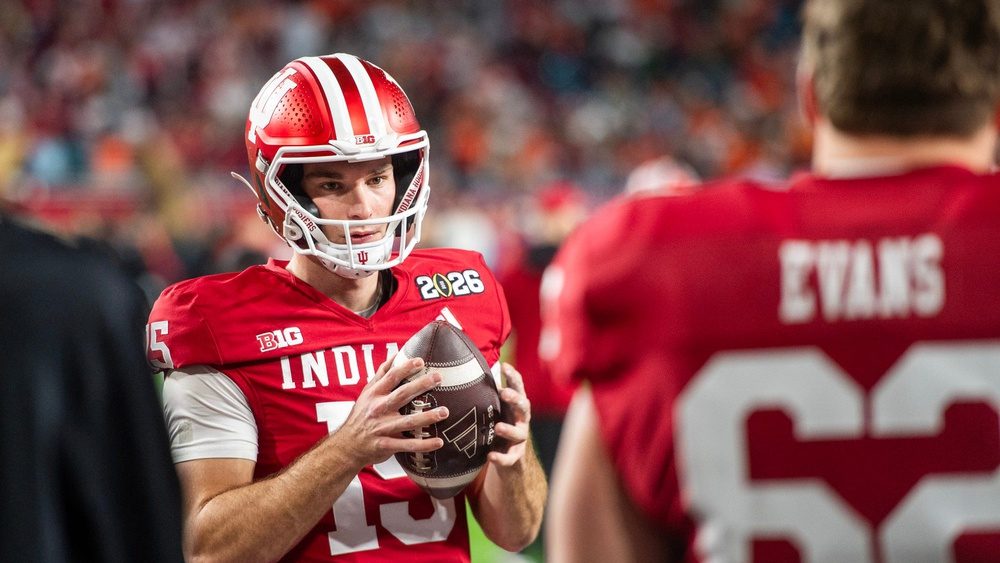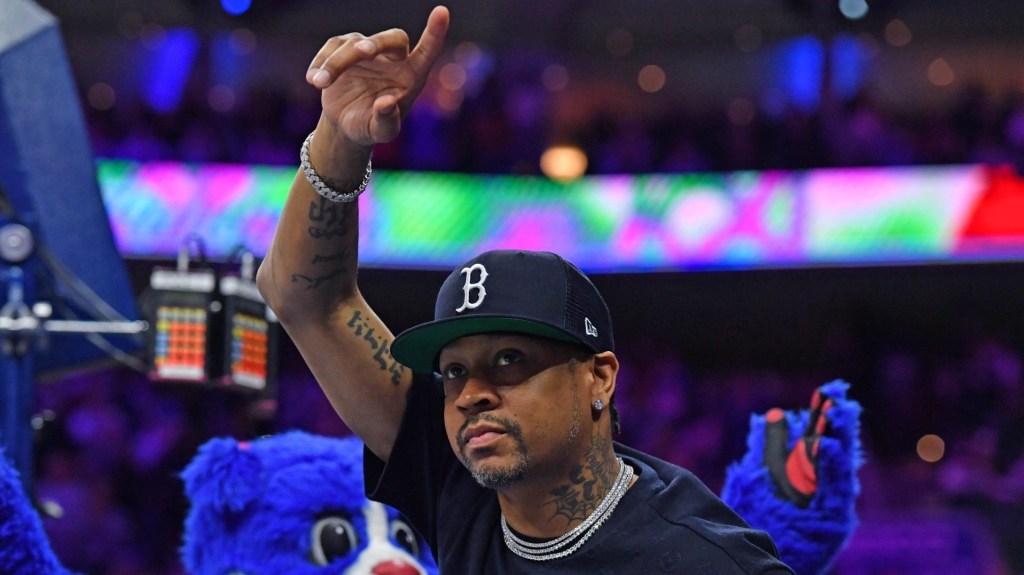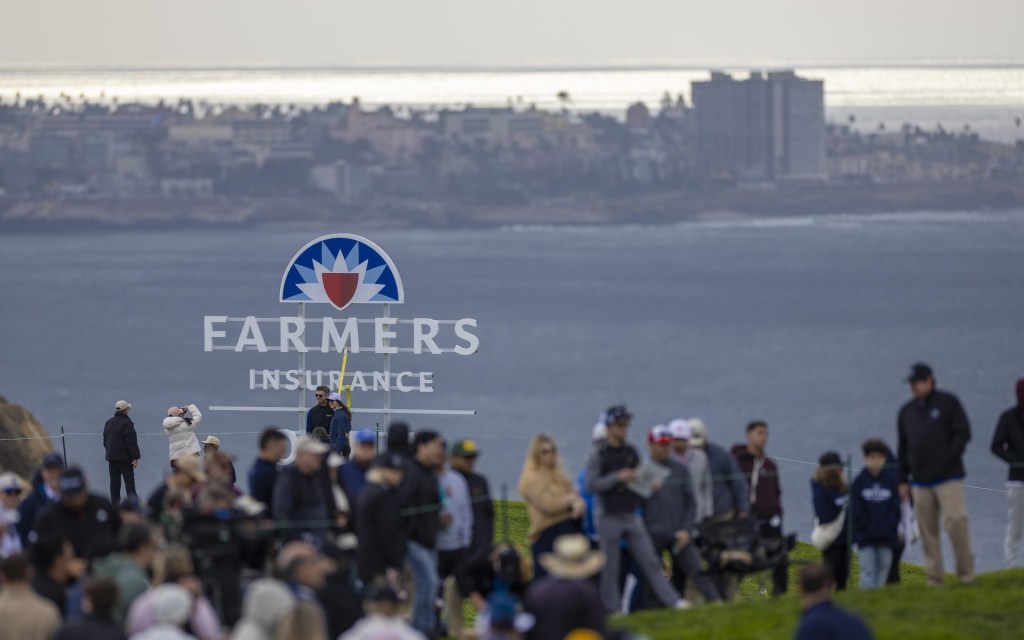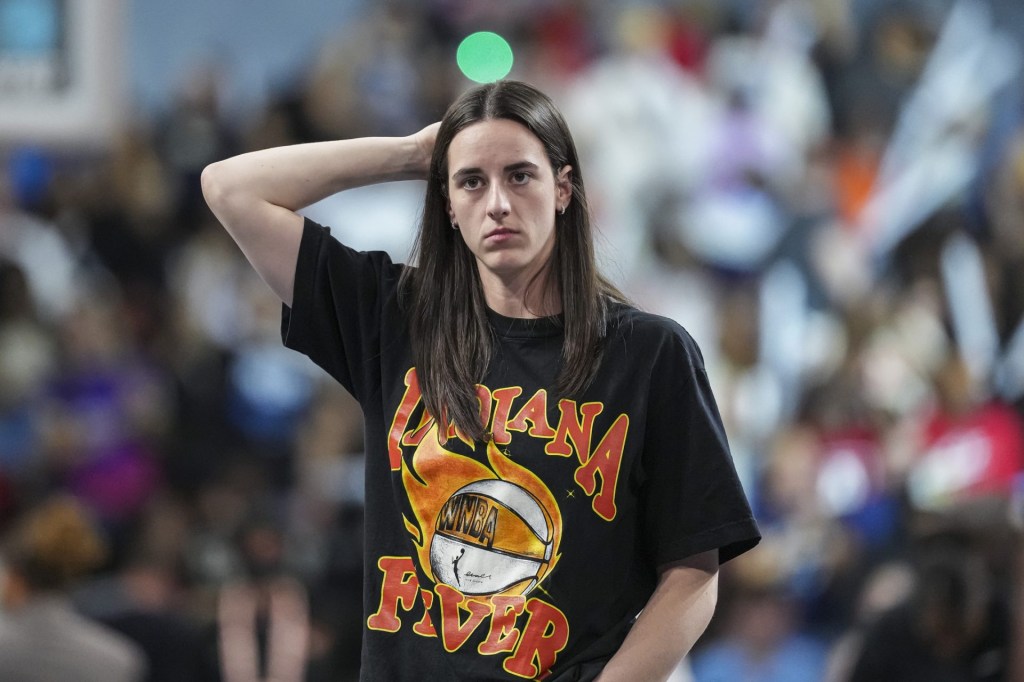On Sunday night, when LAFC kicks off against San Diego, Los Angeles’s latest Asian sports megastar, Son Heung-min, will finally play in front of a home crowd.
“I think it’s going to be one of those nights people will talk about for years,” says John Thorrington, LAFC’s co-president and GM. “The energy inside BMO Stadium will be electric because of what Sonny represents for our club and our city. With Son in the team, there’s every chance for a special moment that becomes part of our history from the very first night he plays in L.A.”
With a league-record $26.5 million transfer, the MLS club introduced the South Korean forward on Aug. 7. Two weeks later in Dallas, he scored his first goal six minutes into the match; on Wednesday, he threw out the first pitch at Dodger Stadium.
That the ceremonial toss came in front of a sellout crowd on Shohei Ohtani bobblehead night was fitting. (Son was caught on camera taking pictures of Ohtani from his seat during the game.)
Ohtani is already an institution in Los Angeles, and the 2024 National League MVP’s effect is massive on both sides of the Pacific. He’s racked up international sponsorships, driven up ticket prices, and catalyzed sports tourism. LAFC, which shares some ownership with the MLB team, is hoping to capitalize on Son’s celebrity by following the Dodgers’ blueprint that turned the Japanese slugger’s star power into big business.
“In conversations with LAFC’s ownership, they look at Ohtani’s signing as the model of what they can do with Son and the potential here,” says Kathryn Schloessman, president and CEO of the Los Angeles Sports & Entertainment Commission. “So that means more sponsorships, record ticket revenues, and merchandise sales. They see this as a huge global marketing opportunity to really expand the brand.”
Ohtani is the most bankable star in baseball, raking in multimillion-dollar global sponsorships, including New Balance, Fanatics, Japan Airlines, and Seiko. Last year in Japan, MLB apparel and jersey sales in Japan grew 183%. And the Dodgers’ season-opening Tokyo Series against the Cubs led to a 240% rise in brand deals compared to last year’s Seoul Series—and $2,000 ticket prices.
He is also a major sports tourism draw. “We hear from Japanese tour operators that 80% to 90% of all visitors want to see a Dodgers game,” says Schloessman. “And they don’t just want to see one game—it’s at least twice for a series. Ohtani gets them in the door, then they have time to explore and experience L.A. in between Dodgers games.”
The Dodgers have catered to this demand—and the approximately 250,000 Japanese tourists who will visit Los Angeles this year. In March, they partnered with Tokyo-based travel company JTB Corp (one of 12 Japanese sponsors they’ve signed since Ohtani joined in 2023) to operate a new Dodger Stadium shuttle bus. The club now offers eight Japanese-speaking tours a week—as well as sushi, chicken katsu sandwiches, and guacamole and cheese takoyaki from the concession stands.
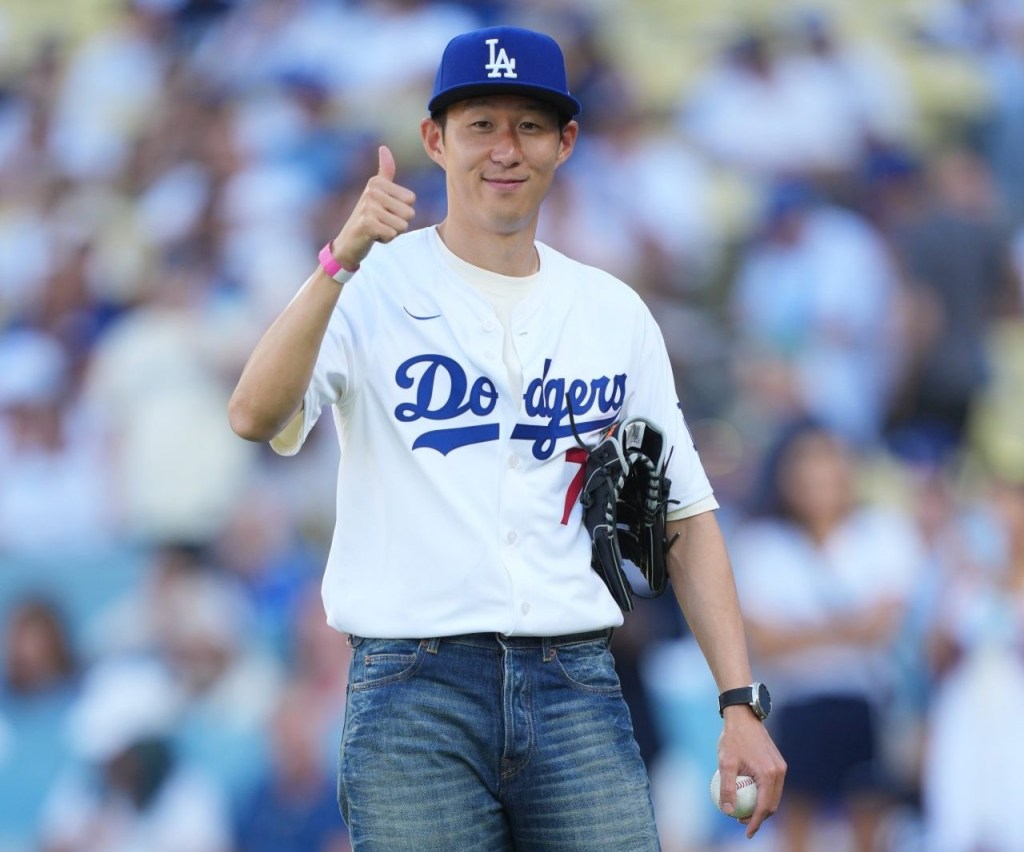
Like Ohtani, Son is a supernova in his homeland of South Korea—and his market could take off in a similar way. There’s potential with both his Korea-based fans as well as Los Angeles’s Korean diaspora of around 250,000—the highest population outside of Korea.
“Most of the population regards him as the pride of the nation,” says South Korean soccer journalist and author Sungmo Lee, who has covered Son’s career since 2015, when the forward moved to Tottenham Hotspur in the English Premier League. Of all Korean celebrities—including K-pop bands such as BTS and Blackpink—Son has the biggest footprint and brand value.
Beyond being national team captain, a Premier League Golden Boot winner, and a nine-time Best Footballer in Asia winner, Korean culture—and Son’s personality—are key to the super-fandom he stirs up. “Korean people are very strongly attached to their country, their home, and Korean people in general,” says Lee. “They love seeing how Son always greets his own fans, how friendly he is, and how he gets along with teammates. It’s why he’s loved even by people who don’t know [soccer] very well.”
In L.A., there are already signs of a Son Effect. Schloessman points to city mayor Karen Bass speaking at Son’s introductory press conference. “We have 11 professional sports teams here—the mayor doesn’t typically make a statement for a new sports star signing,” she says. “It shows it’s a big deal for the city: Even for people who aren’t soccer fans, everybody in Los Angeles is talking about Son.”
The get-in price for Son’s home debut has spiked to more than $200—double that of the average LAFC ticket—with a new standing-room-only section also sold out. In the week of his signing, Son’s jersey became the top-selling in the world across all athletes of all sports at Fanatics. The company says his sales rank second for an MLS player joining a new team, behind only Lionel Messi’s move to Inter Miami in 2023.
By the time Son made his LAFC debut, in a 2–2 draw against the Chicago Fire, all 2025 “Son 7” home jerseys at LAFC headquarters were sold out. LAFC confirms to FOS it is completely sold out of the team’s primary black authentic jersey at the team store at BMO Stadium and online at the MLS Store and Fanatics. Although authentic away jerseys are still available for nearly $200, they’re nearly gone as well; many fans are making do with hours-long lines at the official store for Son personalization on old jerseys, for $30 a pop.
This Son jersey frenzy looks a lot like it did overseas with Tottenham, where sales hovered around the 1,000-shirt mark each home match—around $200,000 per game. If LAFC were to replicate similar sales throughout their 17 home games in MLS, they would be set to bank upward of $3 million—as long as supply meets demand.
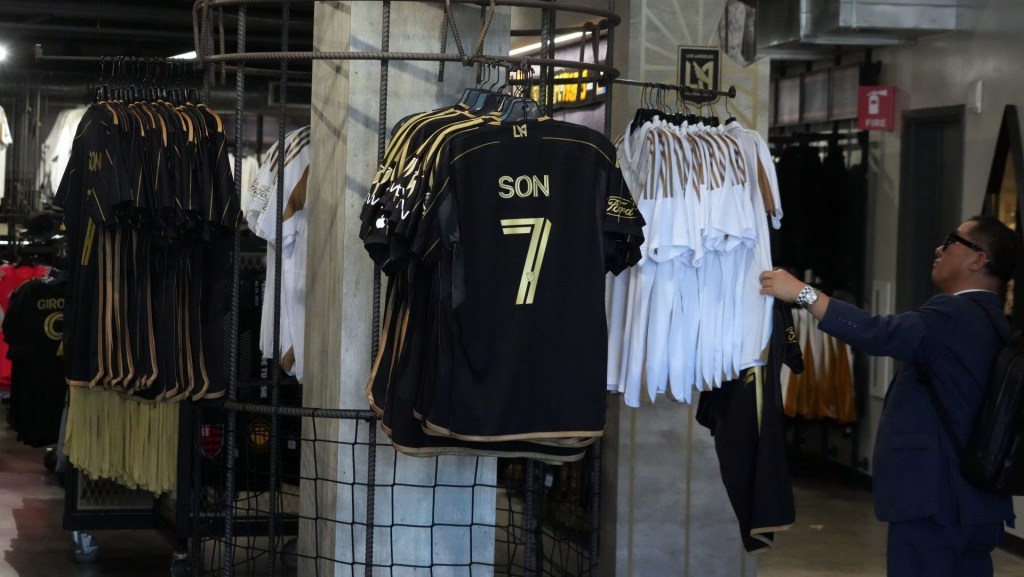
The impact could go broader with Son’s global fan base. LAFC says that among media, content views, and the introductory press conference, Son’s signing announcement had five times the global reach as the club’s previous benchmark—the 2022 acquisition of Gareth Bale.
And then there is Korea specifically. There are an estimated 12 million Spurs fans in South Korea—nearly 25% of the whole country—and for 10 years, at any Tottenham home game, Korean fans and flags were a common sight. Many of them traveled to London to see Son play, a trip that typically costs upward of $3,000. Now, Lee says many Korean Spurs fans will be supporting the Black and Gold of LAFC and following MLS, and he believes Los Angeles could see similar sports tourism spikes.
The distance is similar: Son’s followers are now looking at a 12,000-mile round trip between Seoul and Los Angeles. But they can take advantage of nearly triple the number of direct flights. And according to Los Angeles City Tourism figures, South Korea is already a top growth market, posting more than 300,000 visitors in 2024, growing nearly 14% year-over-year. It means LAFC can draw on a large pool of tourists, many of whom will want to see Son live.
“Based on the fact how much they love Son, and that he’s now in Los Angeles, it’s very clear there’ll be many Korean fans visiting and watching a Son game very soon,” Lee believes. L.A.’s Koreatown is less than five miles from BMO Stadium, too: “It makes it even better for Korean fans to fly to L.A. You can watch Son’s game, then visit family or tour the city.”
LAFC games are already becoming appointment viewing in Son’s homeland, Lee says. “Korean fans are watching them live and talking about them on social media. There’s already more LAFC content being published than Spurs, and more views on LAFC’s YouTube, too. Even after just three games, more and more people believe Son’s move to LAFC was the right move for him, at the right time.”
MLS, too, is waiting eagerly to see how big the Son Effect could be, says Christina LaBrie, the league’s SVP of player relations, who points to Lionel Messi’s arrival at Inter Miami as a similarly historic event. “[This is] one of the most significant international transfers in MLS history.”
